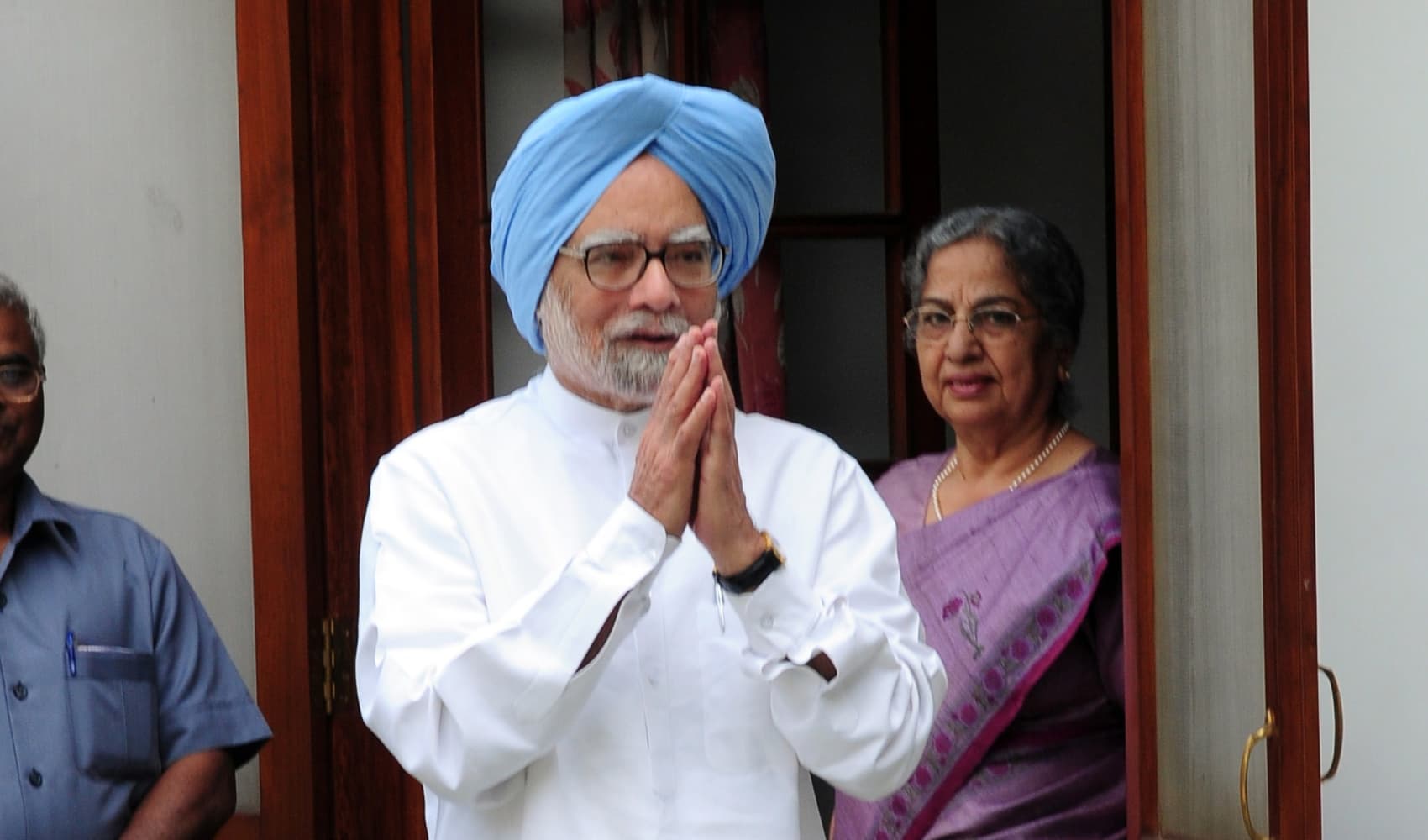
This report is from today's CNBC Daily Open, our new, international markets newsletter. CNBC Daily Open brings investors up to speed on everything they need to know, no matter where they are. Like what you see? You can subscribe here.
What you need to know today
Markets march on
U.S. stocks continued their rally, with the Dow notching a fresh high Thursday. They were boosted by falling U.S. Treasury yields, with the 10-year yield dipping below 4% for the first time since August. Europe's Stoxx 600 index closed 0.87% higher as the Bank of England and the ECB kept rates unchanged.
Strong retail sales
U.S. retail sales rose 0.3% in November, rebounding from the 0.2% decline in October and defying estimates of a 0.1% fall. "The rebound in retail sales in November provides further illustration that the continued rapid decline in inflation is not coming at the cost of significantly weaker economic growth," said Andrew Hunter, deputy chief U.S. economist at Capital Economics.
Get top local stories in San Diego delivered to you every morning. >Sign up for NBC San Diego's News Headlines newsletter.
Major central banks pause
The European Central Bank kept interest rates unchanged at 4%, a record high for the euro zone. The central bank also trimmed its projections of the region's economic growth for 2023 and 2024. Likewise, the Bank of England held its main interest rate steady at 5.25%, as well as the Swiss National Bank at 1.75%. But Norway's Norges Bank unexpectedly hiked rates by 25 basis points to 4.5%.
Intel competes with Nvidia
Intel announced Gaudi3, an artificial intelligence chip targeted at running generative AI software. Gaudi3 will launch next year and compete with Nvidia's H100 — which runs OpenAI's ChatGPT — and AMD's upcoming MI300X. At Intel's launch event, the chipmaker also announced new Core Ultra chips for Windows laptops and PCs, and Xeon chips for servers.
[PRO] JPMorgan's favorites
Fueled by a frenzy over artificial intelligence, Big Tech has dominated most of the stock gains this year. Will next year see a continuation of their strength? JPMorgan Chase's top internet analyst names his three favorite picks for 2024 — and one of them isn't from the "Magnificent Seven."
Money Report
The bottom line
U.S. markets extended their rally spurred by a dovish Fed.
The Dow Jones Industrial Average added 0.43%, setting another record high after it broke the 37,000 level for the first time Wednesday. The S&P 500 gained 0.26% and the Nasdaq Composite rose 0.19%.
The pace of the rally cooled on Thursday as Big Tech, which has a disproportionately large impact on the indexes, saw losses. Microsoft fell 2.25%, Amazon lost 0.95% and Meta dipped 0.47%.
Deutsche Bank chief U.S. equity and global strategist Bankim Chadha thinks market growth next year could be more pronounced outside of Big Tech. "We are looking for the rally to broaden so I would look elsewhere for now," Chadha said.
Big Tech's losses Thursday, however, were more than offset by gains in other sectors.
Bank stocks — which tend to benefit from looser monetary policy as more liquidity flows through the system — had a good day. Western Alliance Bancorp shot up 9.35%, Charles Schwab jumped 7% and Citizens Financial Group popped 6.63%, helping the SPDR S&P Regional Banking ETF gain 4.83%.
And they might continue doing better than the general U.S. stock market in 2024, according to RBC Capital analysts.
"In the second half of 2024, we see continued improvement in the fundamentals as the Federal Reserve gradually lowers the Federal Funds rate, loan growth starts to accelerate, loan loss provisions begin to fall and capital return through share repurchases begins to accelerate," RBC said.
So the rally could broaden next year, as more sectors benefit from the Fed's gradual interest rate cuts.
Furthermore, if November's much-better-than-expected retail sales are anything to go by, consumer spending, which makes up almost 70% of U.S. gross domestic product, will hold steady or even increase, boosting hopes of a soft landing.






